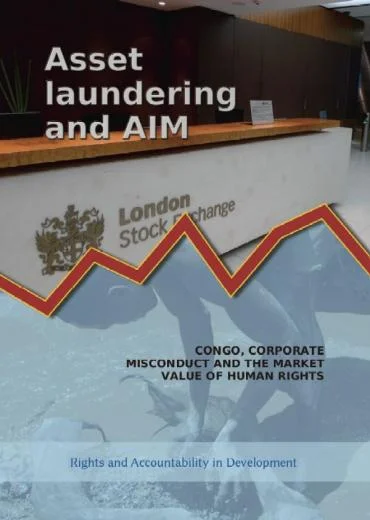The UK security contractor G4S has been accused of failing to meet international standards and committing serious human rights violations in relation to the treatment of asylum seekers detained at an off-shore processing centre in Papua New Guinea, operated on behalf of the Australian Government. In September 2014, RAID and the Melbourne-based Human Rights Law Centre (HRLC), assisted by UK-based law firm Leigh Day, lodged a formal complaint against G4S under the OECD’s Guidelines for Multinational Enterprises. The Guidelines, which the UK Government has backed alongside 45 other countries, aim to encourage responsible business conduct wherever companies operate in the world.
The Australian Government established the Manus Island Centre in 2001 as an offshore processing centre for asylum seekers. By agreement with Papua New Guinea, asylum seekers arriving in Australia are forcibly transferred to Manus Island where they are mandatorily detained pending consideration of their refugee status. Expert bodies such as the United Nations High Commissioner on Refugees (UNHCR) and the Australian Human Rights Commission have consistently stated that such policies breach fundamental principles of international human rights law.
G4S was contracted to oversee management and security at the Centre between February 2013 and March 2014. G4S Australia and its parent company in the UK have a responsibility under the OECD Guidelines not to cause or contribute to human rights violations. The complaint alleges that through its complicity in the unlawful detention of asylum seekers, G4S has been responsible for significant breaches of its human rights obligations under the Guidelines. G4S cannot evade responsibility simply because those violations are sanctioned by the Australian Government.
Moreover, during the period when it was managed by G4S, the Centre was repeatedly criticised by human rights organisations including the office of the United Nations High Commissioner for Refugees for breaching basic minimum standards of care. In February 2014, one detainee was killed and more than 60 others were injured in an outbreak of violence that is the subject of an ongoing Inquiry by the Australian Senate. According to the complaint, G4S personnel were directly involved in this incident.
Immediately after the incident G4S issued a statement: “We take these allegations seriously and we as a company do not tolerate violent or abusive behaviour from our employees”.
Martin Appleby, a former G4S safety and security officer and training officer (pictured R at a press conference about the complaint), has lashed out his former employer’s practices. “G4S’ training and risk management processes were woefully inadequate. The company must shoulder some of the responsibility for the human rights abuses suffered by asylum seekers as a result,” he said. Keren Adams, senior lawyer with Leigh Day (pictured L), said the complaint should serve as warning to other private companies involved in Australia’s refugee detention regime. “G4S’ contract to run Manus has ended but Transfield has stepped into its place and there is little indication that conditions at the Centre have materially improved. Companies that profit from the Australian government’s inhumane detention policies should be aware that they will also be held accountable for their actions.” Also pictured at the press conference (centre) is Rachel Ball, Director of Advocacy and Campaigns at HRLC.
The complaint has been extensively reported in the Australian media. National public broadcaster ABC ran an interview with Martin Appleby and Rachel Ball on its PM programme.
G4S is already under investigation in relation to its operations in other countries. In June 2014 it was announced that the company was to be investigated after Lawyers for Palestinian Human Rights made a similar complaint to the OECD. In August 2014 another complaint against G4S was brought by the British NGO Reprieve, concerning the operations of its wholly owned subsidiary, G4S Government Solutions Inc., at Guantanamo Bay.

